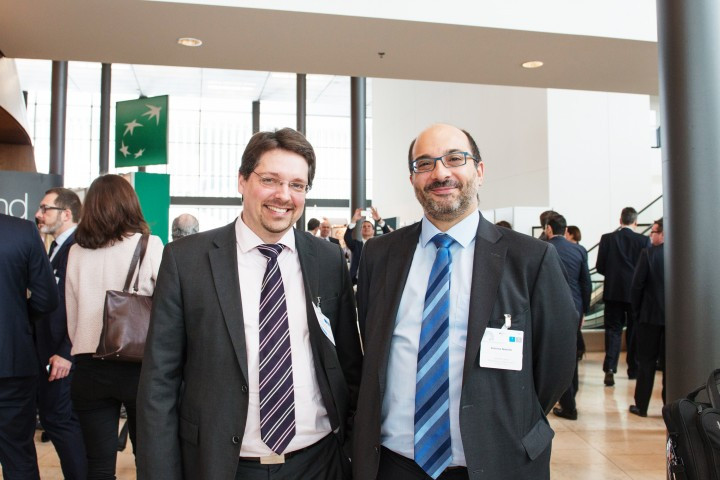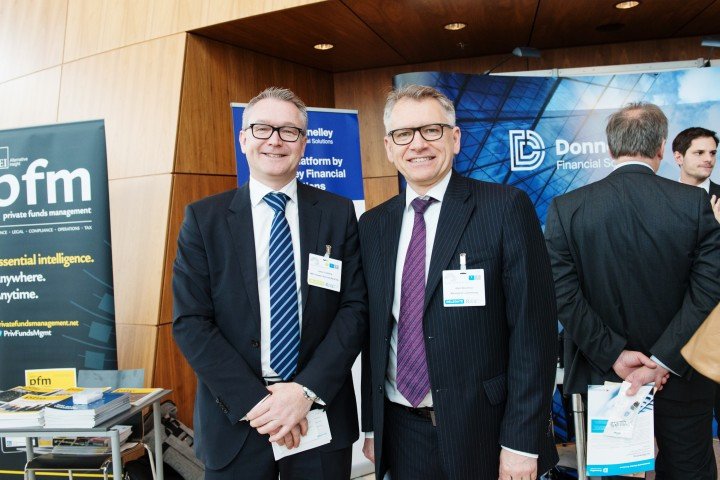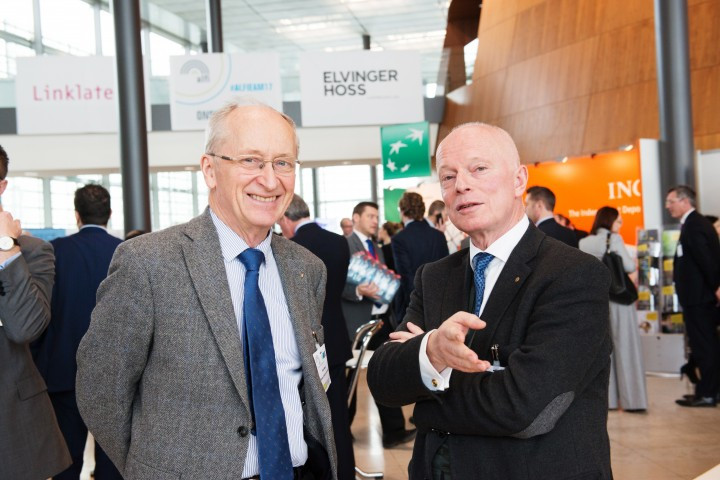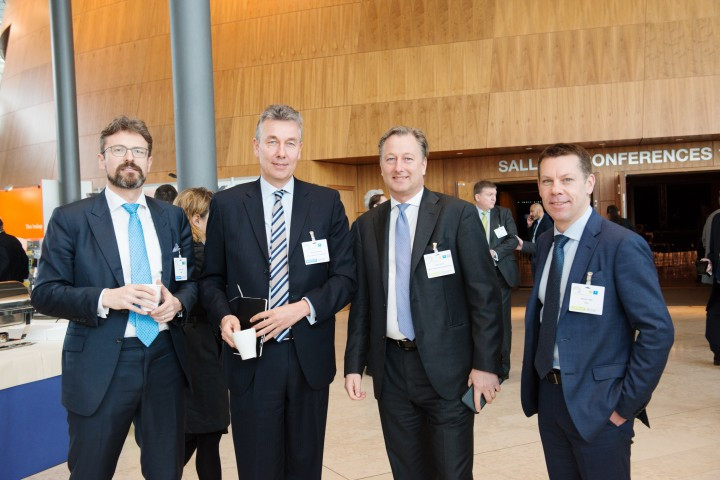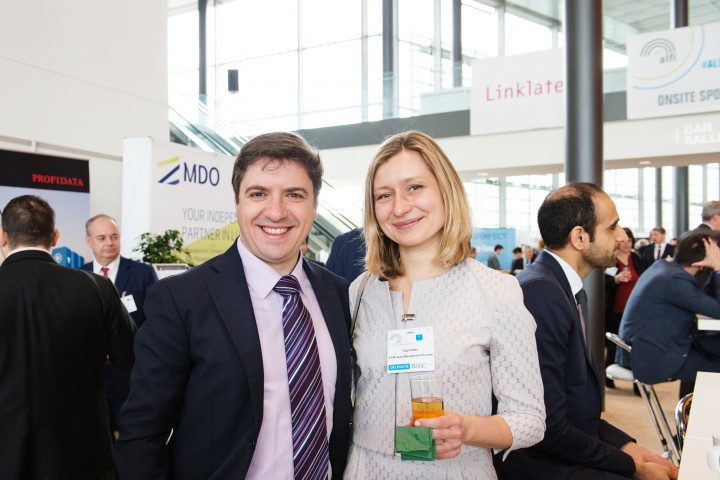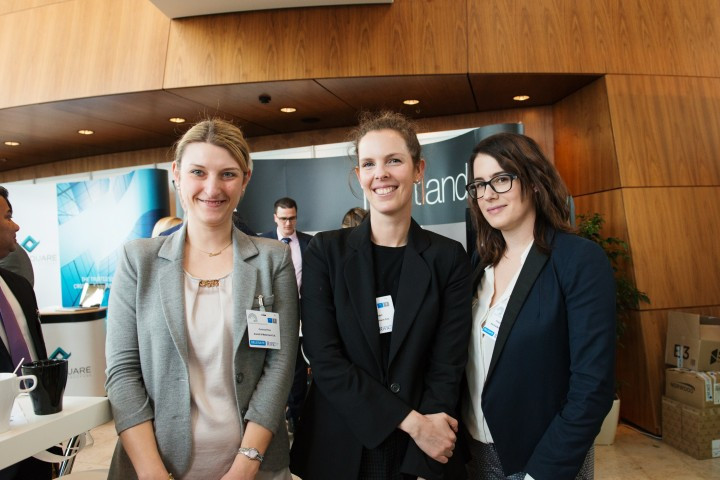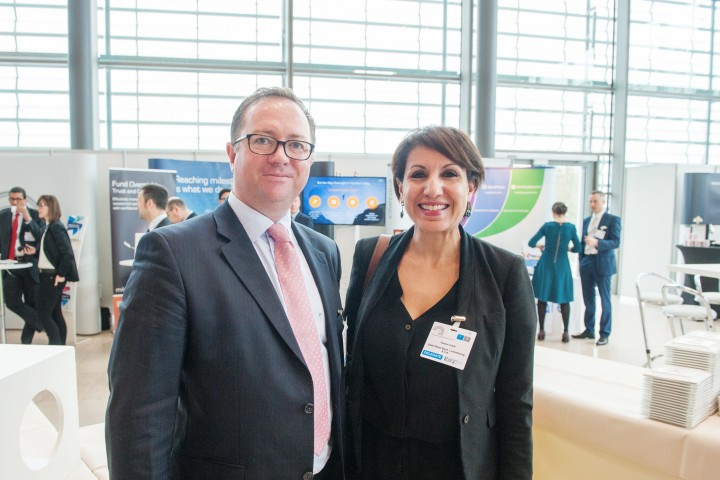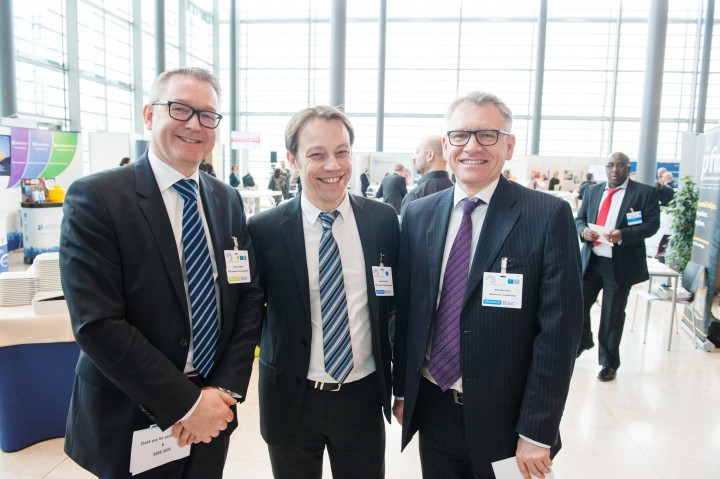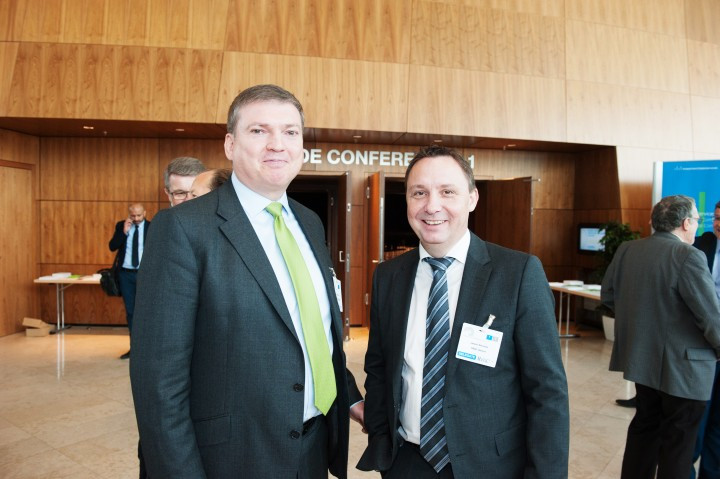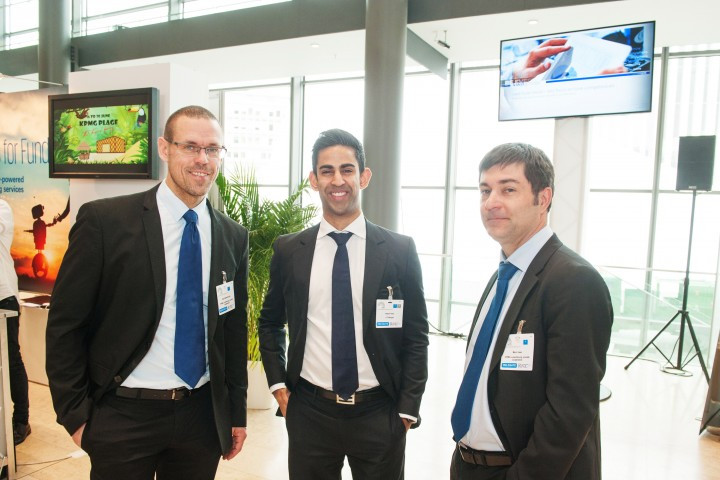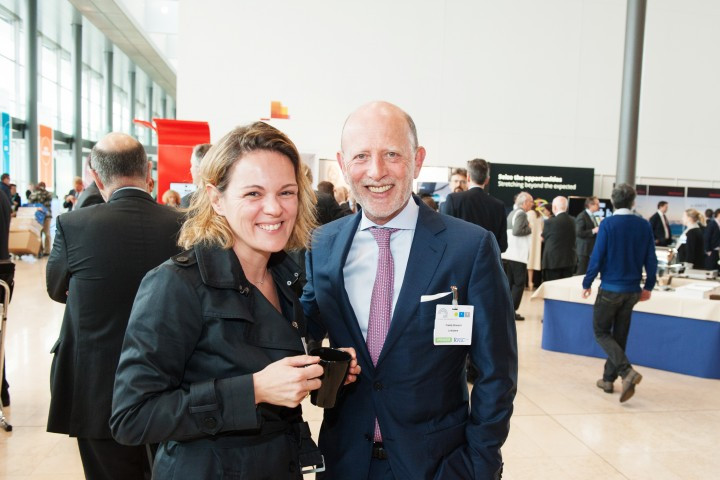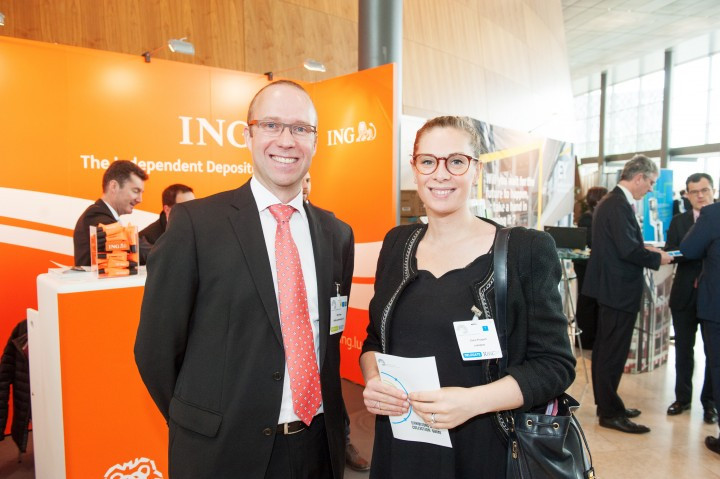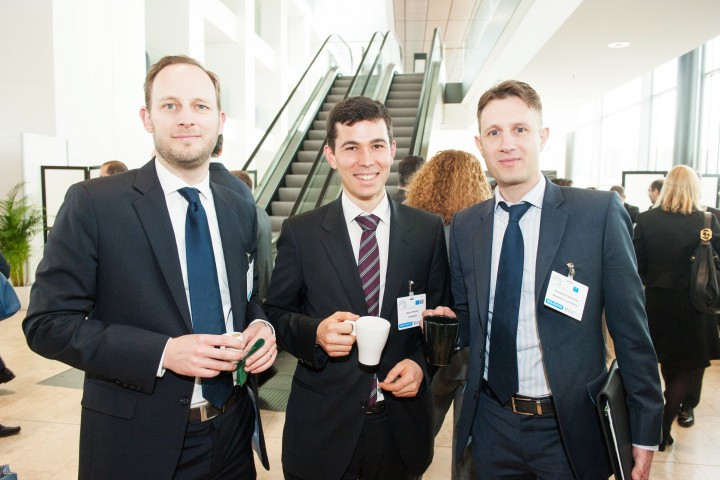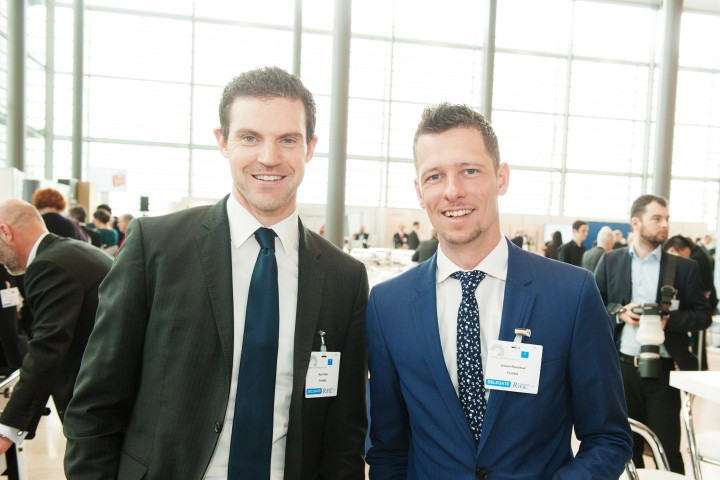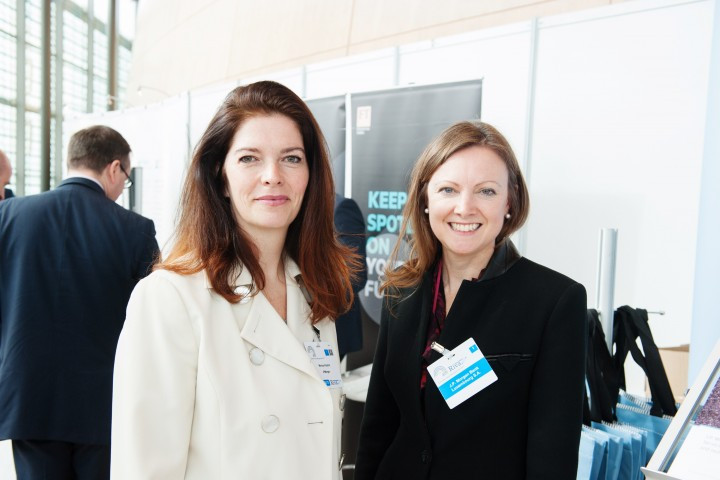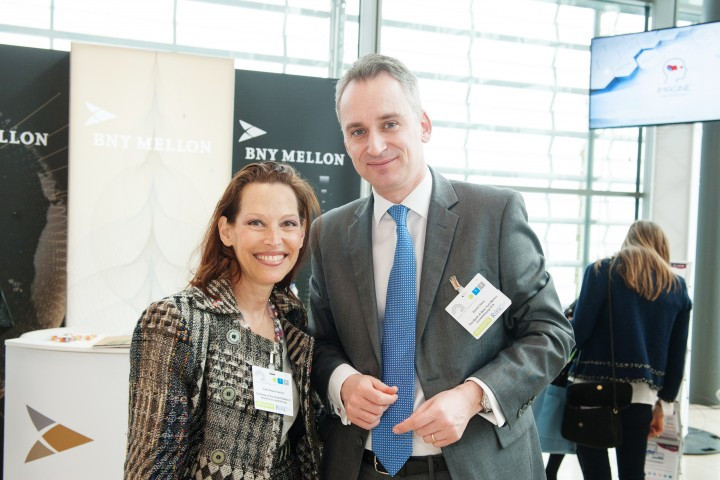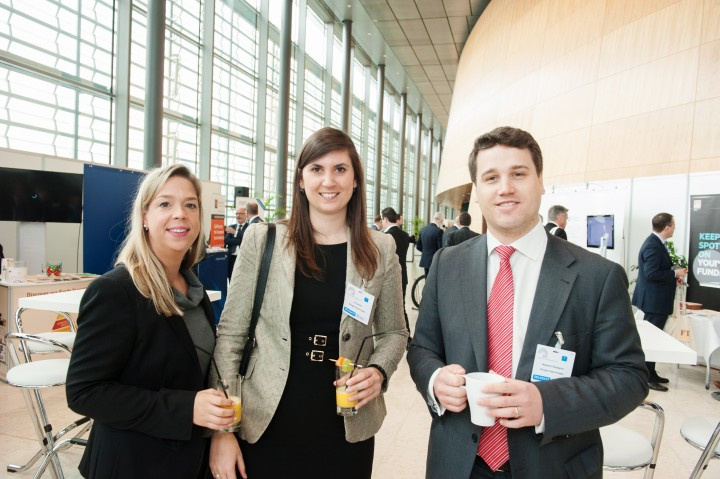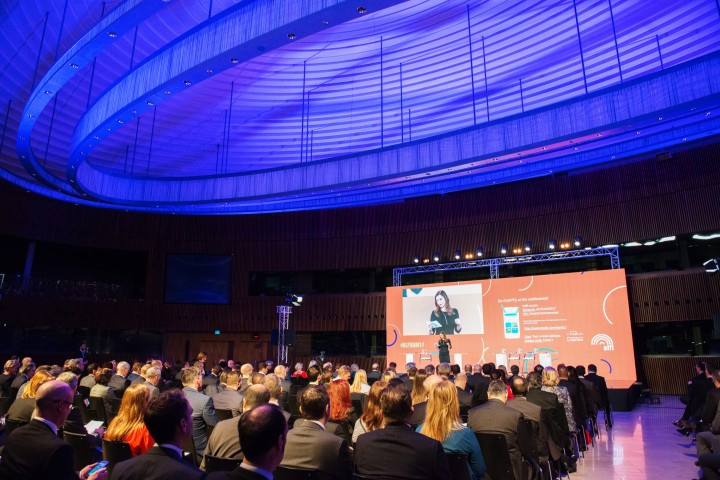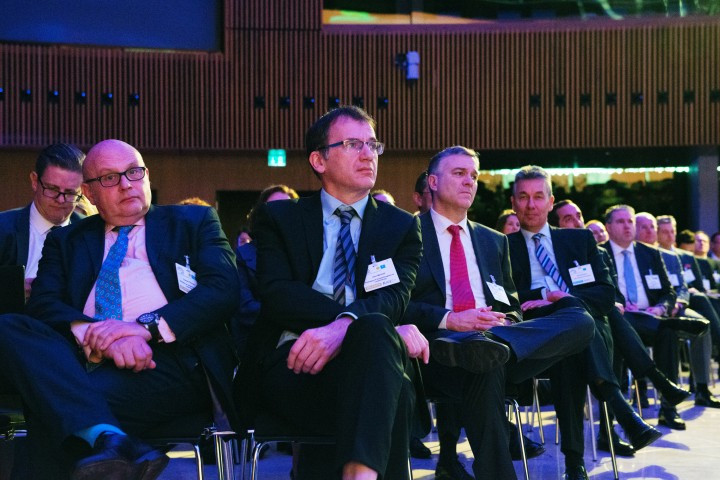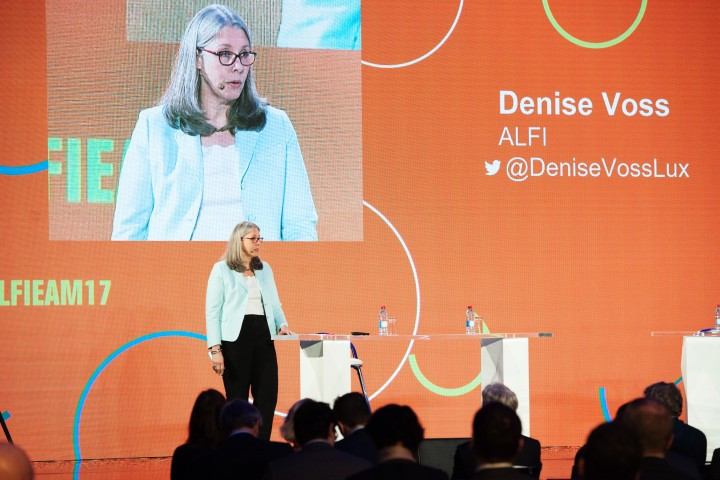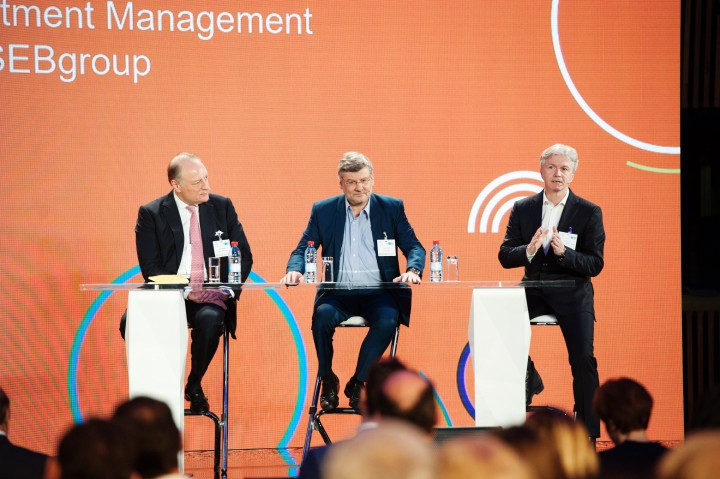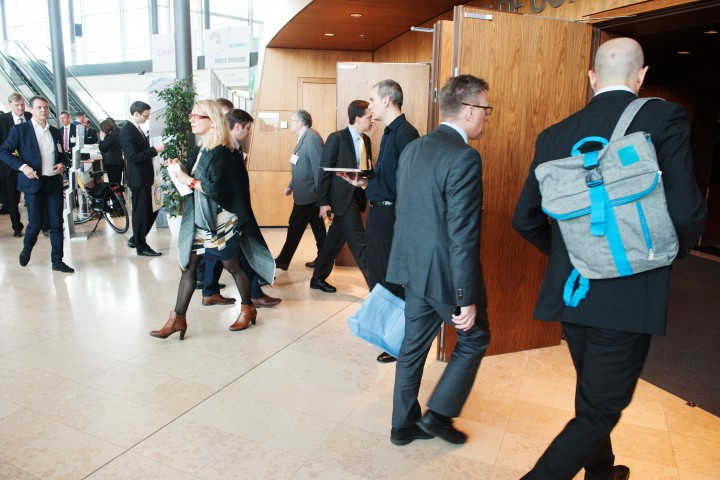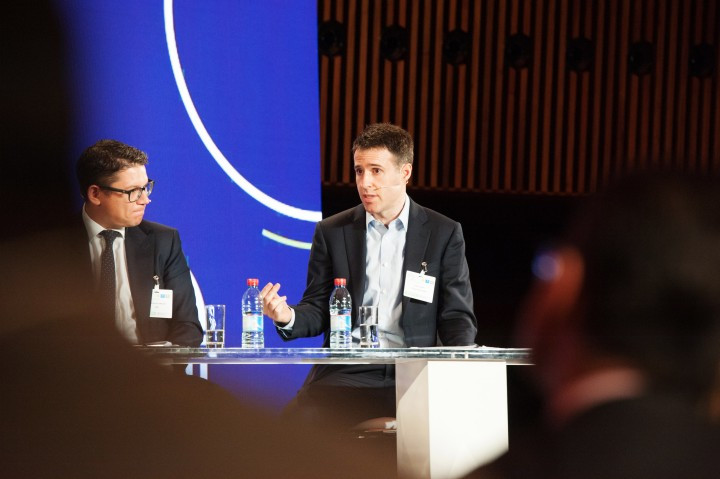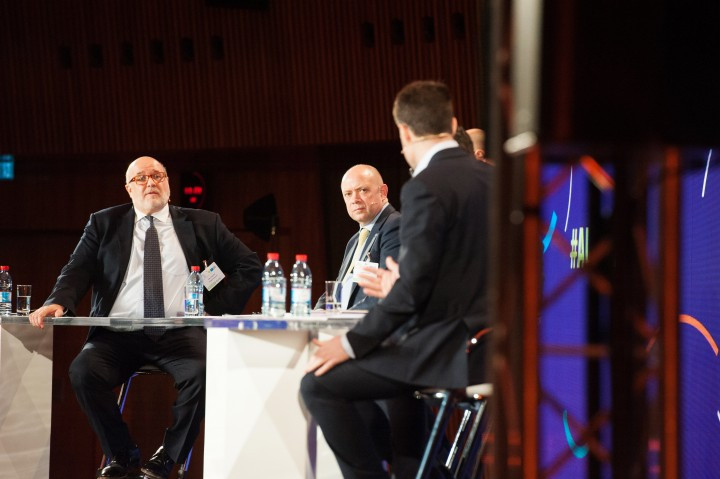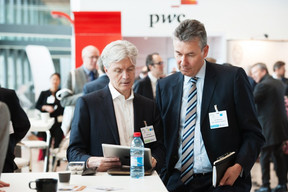Reasons to worry abound. Trump and Brexit, Russia on the prowl and geopolitical stirrings in Asia, climate change and the threat to livelihoods from the technological revolution all cause concern. Investors don’t seem to notice, though.
For example, assets managed by Luxembourg based funds continue to rise, reaching €3.74trn last year: 9% of the global total and 26% in Europe. Growth was down on previous years, but at 5.6% this is still a decent performance.
The upside of Trump
“In many asset classes we have seen volatility fall, and this to an all time low in some areas,” Peter Branner, CEO of SEB Investment Management told the Alfi European Asset Management Conference on 21 March.
“The core of business activity is in US, Western Europe and the developed parts of Asia, and here life is going on as normal,” added Nigel P. Williams, chairman of the private equity and real estate fund manager Royalton Partners.
Indeed, Williams went as far to say: “it’s hard to find anyone in the US who is anti-Trump at the moment.” Promises of higher spending, lower taxes, and lower regulations are widely believed and are welcomed, he said. Given that the US market dominates the alternative space, this optimism is infectious.
There is geopolitical risk, but this is seen as marginal. “If you are managing a Russia fund, then fund raising is difficult,” he noted.
The downside of Trump
However, Xavier Lépine, chairman of asset managers La Française remains cautious. “The main geopolitical risk would be from deglobalisation driven by populism,” he said, adding “we tell our clients to buy protection.”
He also had a stark warning for the industry: “what is new is that there is no asset class where the expected yield is above the risk of losing money; this has always been the case for equities, but not for bonds.” He wondered how clients would react over the long term if this scenario became apparent.
Other sources of instability?
The worries inherent in the rise of passive investing were also aired. Given the modern practice of activist central banks manipulating the market, Lépine said this resulted in: “90% of money being managed the same way, with the same regulation, with the direction of markets decided by central banks.”
If many investors come to see passive, tracker funds as a positive one-way bet, then this could result in careless investing. There could be systemic implications if investments are overloaded onto the shares of the world’s largest public companies.
The holes in public pension funds are driving them to invest more heavily in higher risk alternative investment funds, the panel noted.
Meanwhile, private, company “defined contribution” schemes are tending to move the other way, into more traditional assets. Is this a wise use of public funds that is helping to drive growth and infrastructure? Or is this another potential source of long term instability?

